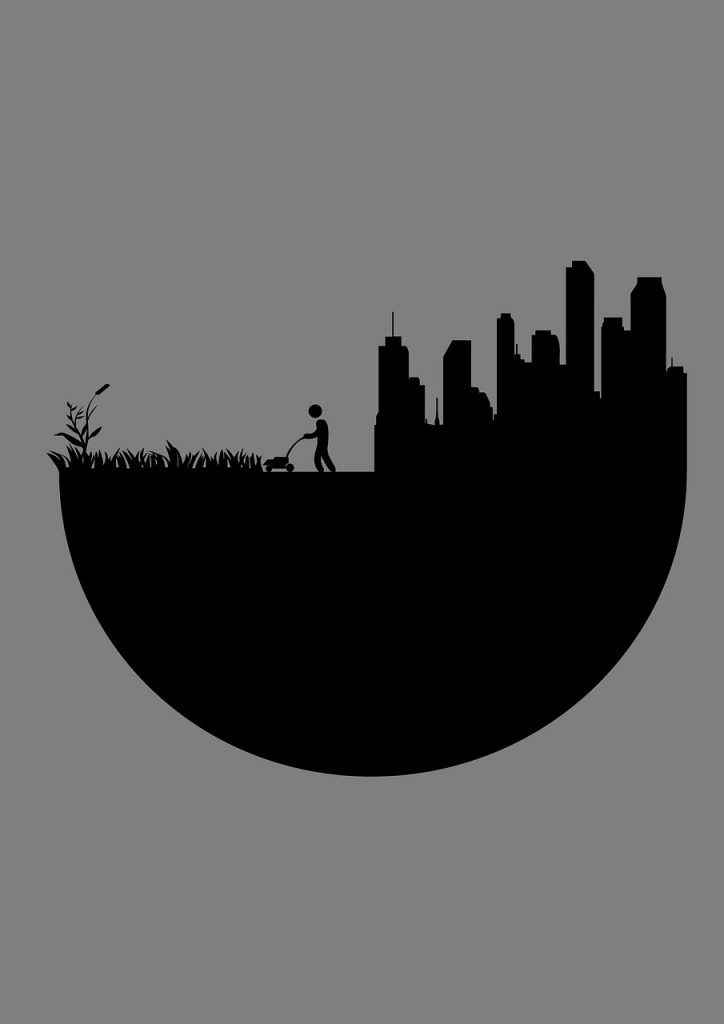As the coronavirus continues to crash economies and critically affect lives, we might have pondered, at one time or the other, about where did it start or why did it start at all. More importantly, have we ever thought about how our actions or to be more precise, our ‘dysfunctional relationship’ with nature is putting us at greater risk of pandemic diseases?
The Origin of Coronavirus
Yunan province in rural south China has incredible biodiversity of plants and animals. Interestingly, bats live in colonies there. However, the region has been under magnificent change for the past few decades with increasing road and rail links. As reported by Sir David Attenborough of BBC news, experts assert that COVID-19 may have started there. Subsequently, it may have transmitted to Wuhan through travelling people or animals sent in the wildlife trade.
Destroying the Natural Habitat of the Virus Makes Them Dangerous for Humans
Researches prove that around 70% of infectious diseases affecting people originate from animals. Biodiversity around us has thousands of viruses that are of minimal threat in their natural habitat. But bringing them in close contact with humans and livestock is dangerous. Experts opine that 31% of the emerging diseases originate through land-use change. The minute we encroach the forests and bring these animals out of their natural habitat, either for wildlife trade or for consumption, we put ourselves to unforeseen risk.

WWF Report on Key Drivers of Pandemic
A report by World Wildlife Fund in June warned about the increased risk of emerging diseases with the potential to create havoc on global security. It confirmed that 70% of diseases that have come up in humans since 1990 are from wildlife. Further, it highlighted how agriculture intensification and overproduction of livestock along with the trading of high-risk nature are acting as key drivers for these diseases.
Economics of Development and Conservation
Cleaner air and lower level of noises which we saw throughout lockdown portray that we undoubtedly put development against conservation as this all came by bringing all economic activities at a standstill. The hardships driven by harsh lockdowns and the number of dead and ill can’t be ignored. Therefore, governments need to redefine the objectives of development and to save the environment and development.
The growth should not come at the cost of the preservation of resources and biodiversity. After all, humans will not exist to speculate on economic affairs if we continue to destroy the environment at the same pace. Nayanika Mathur, professor of Anthropology at the University of Oxford has rightly pointed out that several pieces from both academia and fiction have made repeated calls on the emerging climate crisis. And nothing other than the beastly tale of coronavirus can represent a more straightforward story of the environmental problem that we will be facing in the future.
What Will Happen Next?
The current situation of the pandemic depends on how protective the immune system remains after recovery from infection or vaccine. Several vaccines like that against measles and polio are useful in the long term. However, others against influenza and whooping cough wear off over time. Harvard epidemiologist Marc Lipsitch says that the total incidence of infection in future will depend on this duration of immunity.
What Needs to be Done?
Expanding land use for intensive farming, especially in wildlife places, serves as a breeding ground for infectious diseases. So, we need to build a healthier and sustainable food system that does not threaten the natural habitat of species. Also, now is the time to bring legislation curbing the import of products that ignore environmental standards.
In all, we have seen animal originated diseases including SARS, Zika, Ebola emerge over the years. These diseases are manifestations of our unstable relationship with the environment. Experts predict five new emerging diseases every year, and hence, we cannot afford to ignore these indicators. Working in partnership with nature will prevent pandemics. Moreover, it will make our lives more healthy and peaceful on earth.